Good morning, It’s Friday, May 23rd. In today’s news, Canada’s hunger crisis hits 10 million including 2.5 million children, Foreign interference is a problem—but state-controlled media is the crisis, Nietzsche was right about experts: it’s time to trust results not credentials, French report warns of Islamist 'entryism' as a risk to national cohesion, and much more.
First time reading the daily blend? Sign up here.
Canada’s Hunger Crisis: 10 Million Now Food Insecure, Including 2.5 Million Children
Canada is objectively broken. In a wealthy, developed country, food insecurity should be a rarity. Instead, it’s a growing national crisis. According to a recent report by the University of Toronto, in 2024, a staggering 25.5% of people in the ten provinces—roughly 10 million individuals—lived in households that couldn’t afford enough food. Among them are 2.5 million children who are growing up without the guarantee of their next meal. This marks the third consecutive annual increase and the highest level of food insecurity ever recorded in Canada.
The rise has been dramatic. In 2019, 6.1 million Canadians lived in food-insecure households. Five years later, that number has soared to 9.96 million—a 63% increase. For children under 18, the numbers are even more alarming: food insecurity among children has risen from 1.56 million in 2019 to 2.47 million in 2024, a 58.5% jump. In the Maritime provinces—Newfoundland and Labrador, Nova Scotia, and New Brunswick—nearly 40% of children now live in food-insecure households.
Across the country, several provinces have crossed a disturbing threshold. Alberta (30.9%), Saskatchewan (30.6%), Newfoundland and Labrador (30.1%), Nova Scotia (29.9%), and New Brunswick (29.3%) are all at or near one in three residents facing some level of food insecurity. These are not just minor fluctuations in data. These are systemic failures.
The crisis disproportionately affects certain age groups. Canadians under the age of 45 are the most vulnerable, with food insecurity rates hovering around 30%. Children and working-age adults are far more likely to be impacted than seniors. For children, food insecurity doesn’t just mean hunger—it’s linked to poor mental and physical health, developmental delays, and lifelong disadvantages.
One of the most devastating insights from the data is 52.1% of female lone-parent households living with food insecurity. These are often working mothers who juggle multiple jobs, yet still fall short of affording basic necessities.
Food insecurity isn’t a fringe issue—it’s a reflection of deep economic dysfunction. A quarter of Canada is struggling to feed itself, and yet this crisis barely breaks into mainstream political discourse. As the numbers climb and more children fall through the cracks, the silence from those in power becomes harder to justify. Hunger is not an inevitability. It’s a policy choice.
Foreign Interference is a Problem—But State-Controlled Media is the Crisis
Commissioner Marie Josée Hogue’s final report on foreign interference confirms what many Canadians already suspected: our elections are being targeted by foreign actors—from China to Russia to opportunistic bad-faith networks abroad. AI-generated deepfakes, fake social media accounts, and coordinated disinformation campaigns are now standard tools in the arsenal of foreign influence. That’s a serious problem.
But here’s the bigger one: while we scramble to fight disinformation from foreign governments, we’ve already surrendered our media landscape to our own.
The report identifies information manipulation as the most significant threat to Canadian democracy — yet over 90% of news consumed in this country comes from government-subsidized sources. Let that sink in. We’re worried about Chinese disinfo on WeChat and Russian propaganda on Instagram, while the federal government funds, props up, and quietly steers the very institutions Canadians rely on for truth.
When the same political class under fire for foreign interference also controls the purse strings of the media, we don’t have a functioning press—we have a propaganda department.
The Hogue report exposes real examples: Chinese government proxies flooding WeChat with false claims about Conservative candidates, deepfake Poilievre videos being used in crypto scams, and coordinated bot campaigns used to attack all sides of the political spectrum. The manipulation is real, and it’s dangerous. But it’s also small compared to the structural rot of a press that’s lost its independence.
The real crisis isn’t just Russian trolls or TikTok psy-ops—it’s that Canadians are forced to choose between state-sponsored news and social media garbage fires, with no truly independent mainstream alternative in between.
Foreign interference can corrupt an election. But state-controlled media can corrupt democracy itself.
Nietzsche Was Right About Experts: It’s Time to Trust Results, Not Credentials
The era of experts is over. Authority granted by corrupt and incompetent institutions no longer holds weight. We’re entering an age where trust must be earned—not awarded. Credentials mean nothing without a proven track record.
From government health officials to economic planners to tenured academics—each new crisis reveals that “expertise” often means little more than conformity wrapped in a credential. The era of trusting people based on institutional status is over. What matters now is trustworthiness, not titles. The future will belong to those with a proven track record, not those with letters after their name.
Friedrich Nietzsche warned us about this over a century ago. He distrusted “experts” who blindly served the spirit of their age—those who mistook consensus for courage and protocol for principle. In his eyes, most so-called authorities were not pioneers of truth but functionaries of the status quo: men and women too timid to question the sacred assumptions of their time.
Nietzsche mocked these “bureaucrats of knowledge”—the university professors, state philosophers, and moral enforcers who wore their intellectual obedience like a badge of honour. They didn’t think, they repeated. They didn’t challenge, they conformed.
“They muddy the water, to make it seem deep.” (Thus Spoke Zarathustra)
Complexity, jargon, and ambiguity weren’t signs of wisdom—they were camouflage for cowardice.
He also made a crucial distinction between knowledge and wisdom. Knowledge could be accumulated, catalogued, and credentialed. Wisdom, however, came through suffering, self-overcoming, and ruthless introspection. Nietzsche revered those who had become themselves through struggle, not those who memorized the dominant ideology in order to climb its ladders.
Even in science, Nietzsche saw a creeping danger. He respected its utility but feared its sanctification. In The Gay Science, he wrote, “Science itself now requires a justification.” He thought positivists and materialists often mistook method for meaning, and data for truth. Experts who presented science as the sole or highest path to knowledge were, in Nietzsche’s eyes, guilty of a new form of dogmatism.
In a world saturated with institutional failure, Nietzsche’s critique rings louder than ever. The new question isn’t: What are your qualifications? It’s: What have you done? What have you risked? What have you proved? We must rediscover the courage to think for ourselves—and to trust those who’ve earned it through action, not appointment.
French Report Warns of Islamist 'Entryism' as Risk to National Cohesion
A report presented to French President Emmanuel Macron warns that Islamists linked to the Muslim Brotherhood are infiltrating French institutions through a strategy of "entryism"—working within schools, local governments, and civil society to subtly reshape them from within. The Federation of Muslims of France, accused of leading this effort, runs hundreds of mosques, schools, and associations. Critics say this threatens France’s secular values and national cohesion, while defenders argue the claims stigmatize Muslims. Macron has called for new proposals in response to the report’s findings. More
More of the Same: Poilievre Picks Experience Over Fresh Faces in 74-Person 'Shadow Cabinet'
Pierre Poilievre has announced a 74-member Conservative shadow cabinet, drawing mostly from experienced MPs rather than promoting many newcomers. Andrew Scheer will serve as House leader until Poilievre wins a byelection. Key figures like Jasraj Singh Hallan (finance), Larry Brock (justice), and Michelle Rempel Garner (immigration) hold prominent roles. Few rookie MPs were tapped, with notable absences including Jamil Jivani and Andrew Lawton. Poilievre emphasized restoring national self-reliance, criticizing rising crime, inflation, and uncontrolled immigration, while expressing willingness to cooperate with the minority Liberal government on shared goals. More
Conservative MP Launches Petition to End Temporary Foreign Worker Program - More
Two Israeli Embassy Staffers Killed in DC Shooting Near Jewish Museum - More
Trump Admin Revokes Harvard’s Ability to Enroll International Students as Clash Continues - More
UK to Roll Out Chemical Castration for Sex Offenders - More
Trump Tells European Counterparts That Putin isn’t Ready for Peace - More
German Troops Start Long-Term Deployment in Another Country for the First Time Since World War II - a new brigade is starting operations in Lithuania on Thursday. More
OpenAI Bets $5 Billion on Post-Smartphone Future, Teaming up with Apple Designer
OpenAI CEO Sam Altman has teamed up with legendary Apple designer Jony Ive to build new AI-focused hardware, aiming to move beyond keyboards, screens, and traditional devices. OpenAI will invest $5 billion to acquire Ive’s firm, LoveFrom Io, with plans to create a "family of devices" tailored for AI like ChatGPT—essentially, a digital assistant integrated into your daily life. Though no specific product has been revealed, the vision includes wearables or smart devices that act as an "external brain." This move could dramatically expand OpenAI’s commercial reach, challenging existing tech giants by offering an all-in-one alternative to phones, laptops, and web platforms. More
CMHC: More Than 50 Percent of Homeowners Struggling to Keep Up With Debt - More
Indeed: Young Job Seekers to Face ‘Difficult Summer’ Labour Market - More
Stop Making Cents: US Mint Moves Forward with Plans to Kill the Penny - More
Infrared Contact Lenses Allow People to See in the Dark, Even with Their Eyes Closed
Scientists have developed infrared-vision contact lenses that allow humans to see invisible near-infrared light without any power source. The lenses, made with nanoparticles that convert infrared into visible light, let users see both normal and infrared light at the same time. Tests showed the lenses helped users detect Morse code-like infrared signals and even enhanced vision with eyes closed. The technology has potential for use in security, rescue, and helping the color-blind. A higher-resolution wearable glasses version is also in development. More
Shrinking Nemo: Clownfish Have Been Shown to Shrink in Order to Survive Heat Stress and to Avoid Social Conflict - More
Rapper Kid Cudi Says His Car was Bombed Weeks After Diddy Broke into His Home
Rapper Kid Cudi testified that Sean “Diddy” Combs broke into his home in 2011 after learning Cudi was dating Combs’s ex, Cassie. Weeks later, Cudi’s Porsche was firebombed with a Molotov cocktail. Cudi said he believed Combs was behind it, though Combs denied involvement. Cassie had previously testified that Combs threatened to blow up Cudi’s car. Cudi also confirmed Cassie hid their relationship from Combs using a burner phone. The testimony is part of Combs’s ongoing sex trafficking and racketeering trial, where witnesses have described abuse, threats, and violence over several years. More
Denmark Stuns Canada with Late Comeback, Eliminating Them From the World Championships - More
White House Pauses Plans for President Trump's Commission on College Sports as Congressional Leaders Discuss Legislation - More
Member of Irish Rap Band Kneecap Charged with Terror Offence - More
Final Four Residents of Newfoundland's Tilt Cove, the 'Smallest Town in Canada' Set to Relocate
It’s National Lucky Penny Day—Ironically, the Same Day America Decides to Terminate the Penny
On This Day in 1934, American outlaws Bonnie Parker and Clyde Barrow—Bonnie and Clyde—are killed by police in an ambush near Sailes, Louisiana







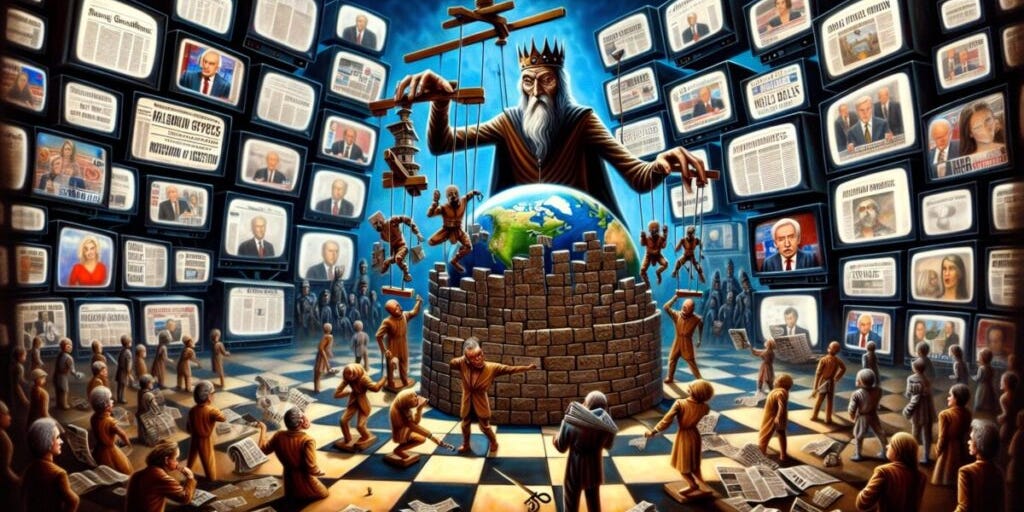
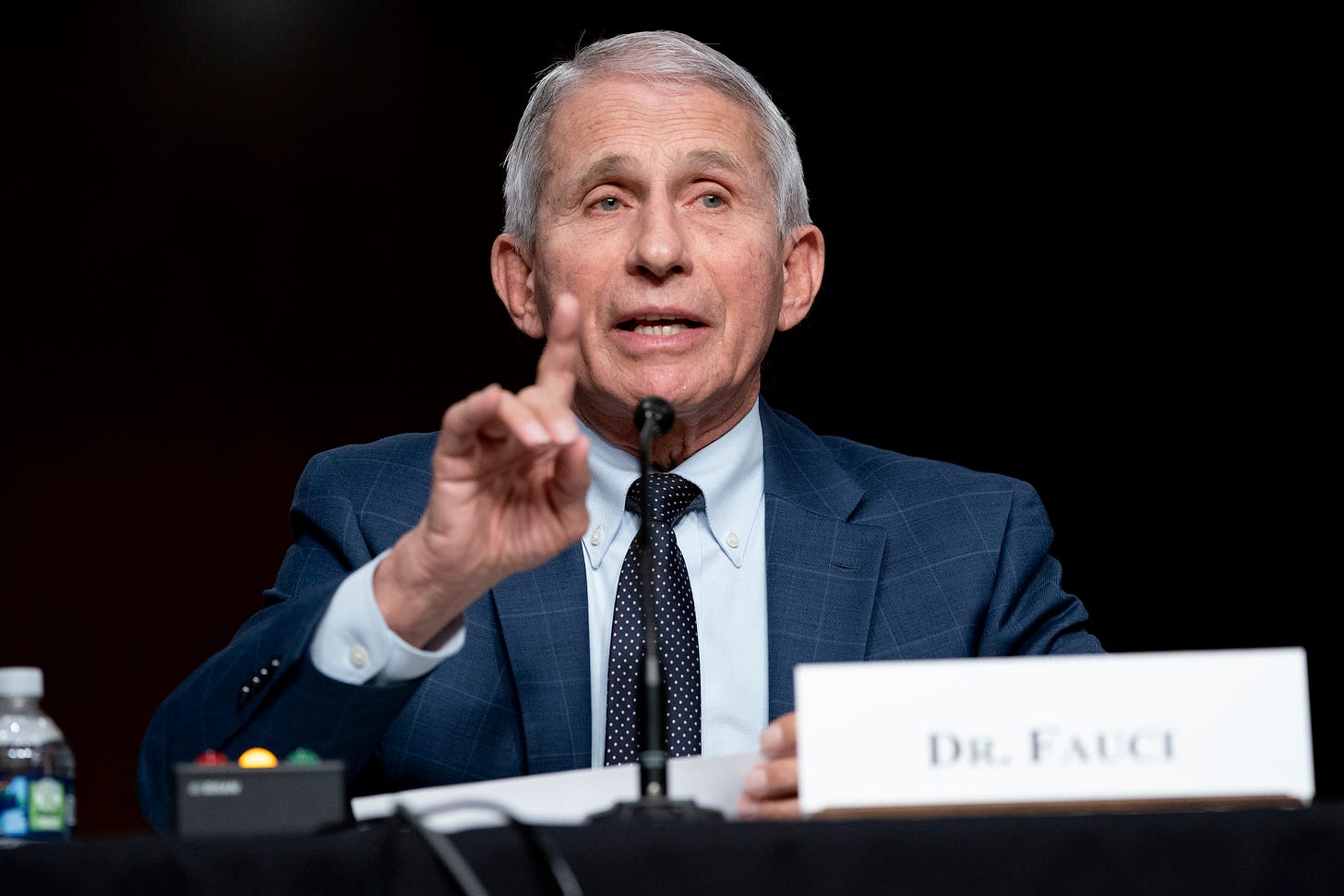

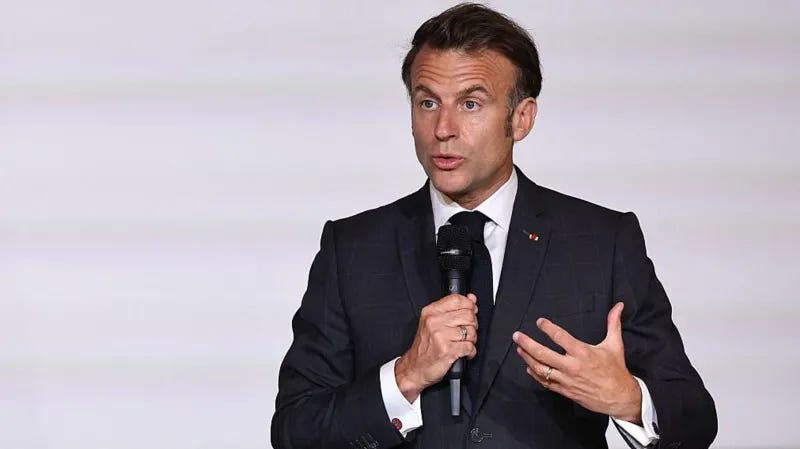
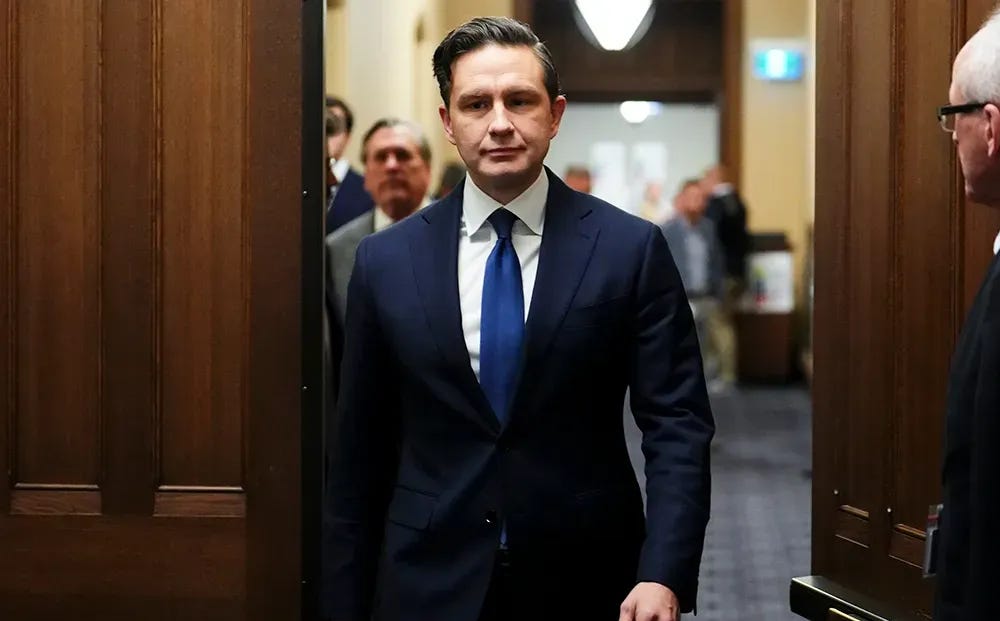

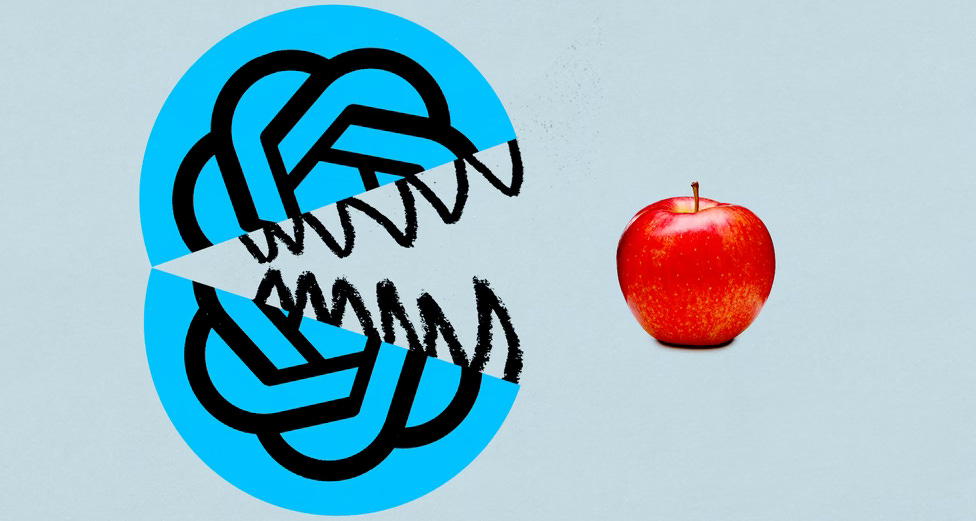

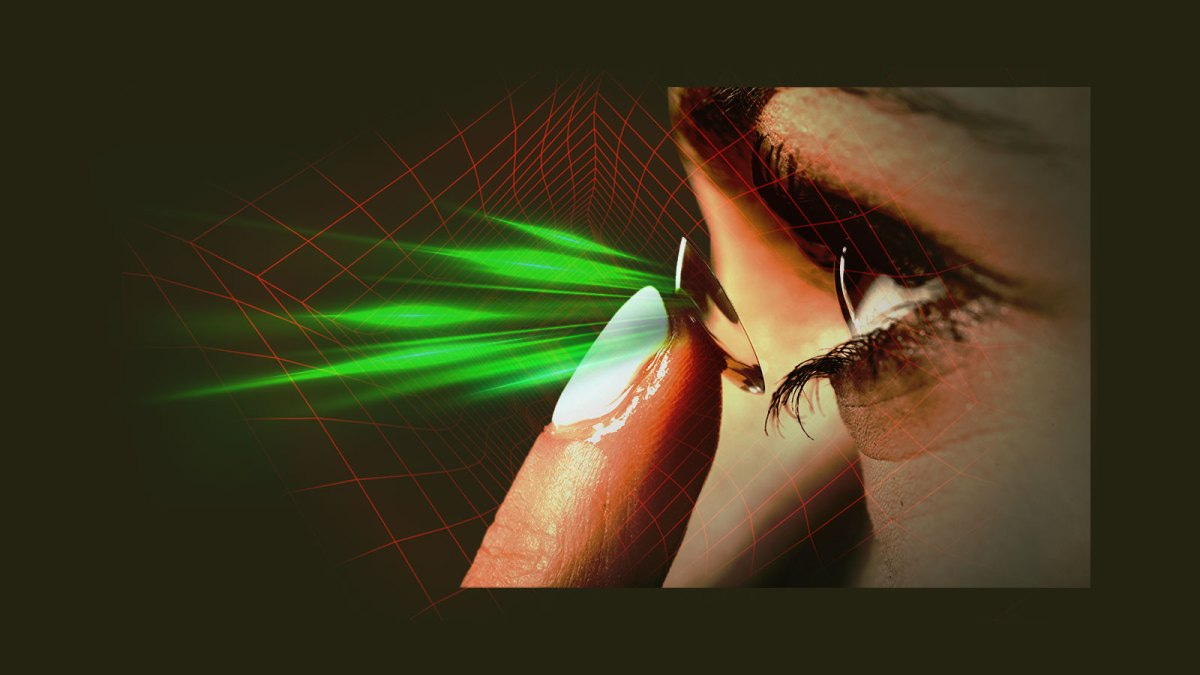



Very sad indeed.But, I would like to know how many are " gimmegrunts "...? Canada has almost fallen as a third word country and yet " people " still vote in this poor excuse of a democracy ( which isn't really a democracy) ..When are you going o wake up CANADA...?..When the government comes to finally take your home ...??
Yet the country sits with perhaps Trillions in oil, gas and other natural resources kept in the ground because of climate hysteria and net zero ideology. Like the communist regimes of the past, will Canada be faced with Famine after 3 years of the Plague plandemic?